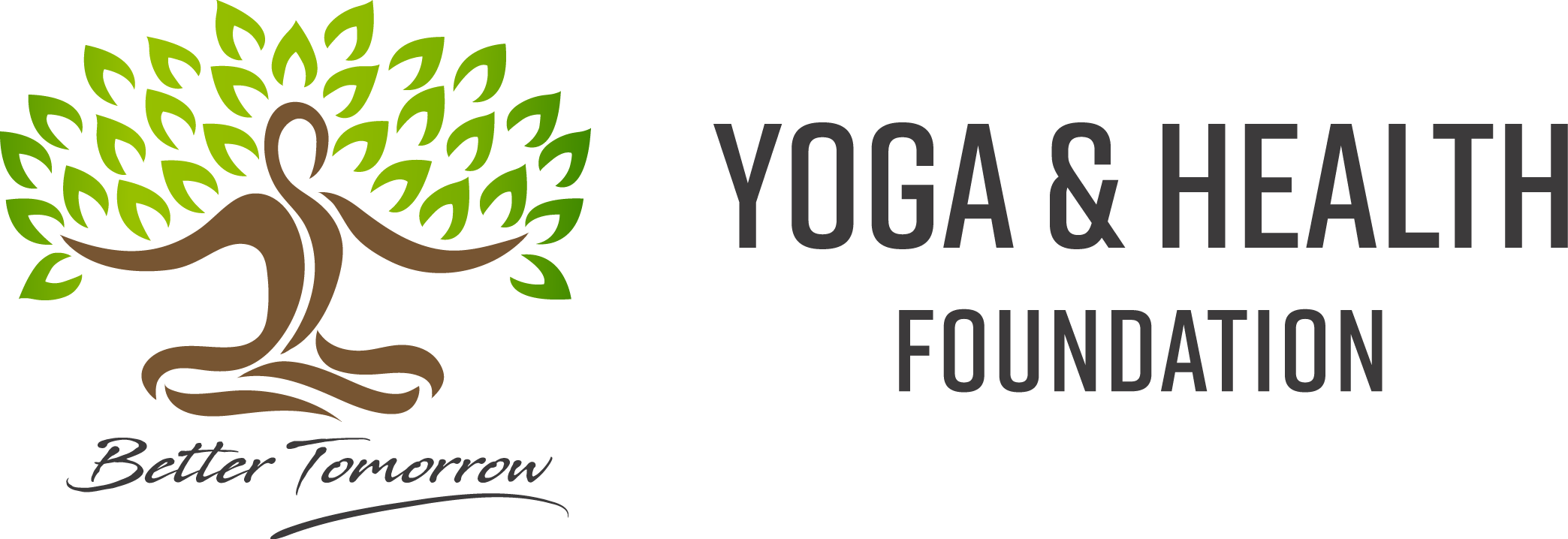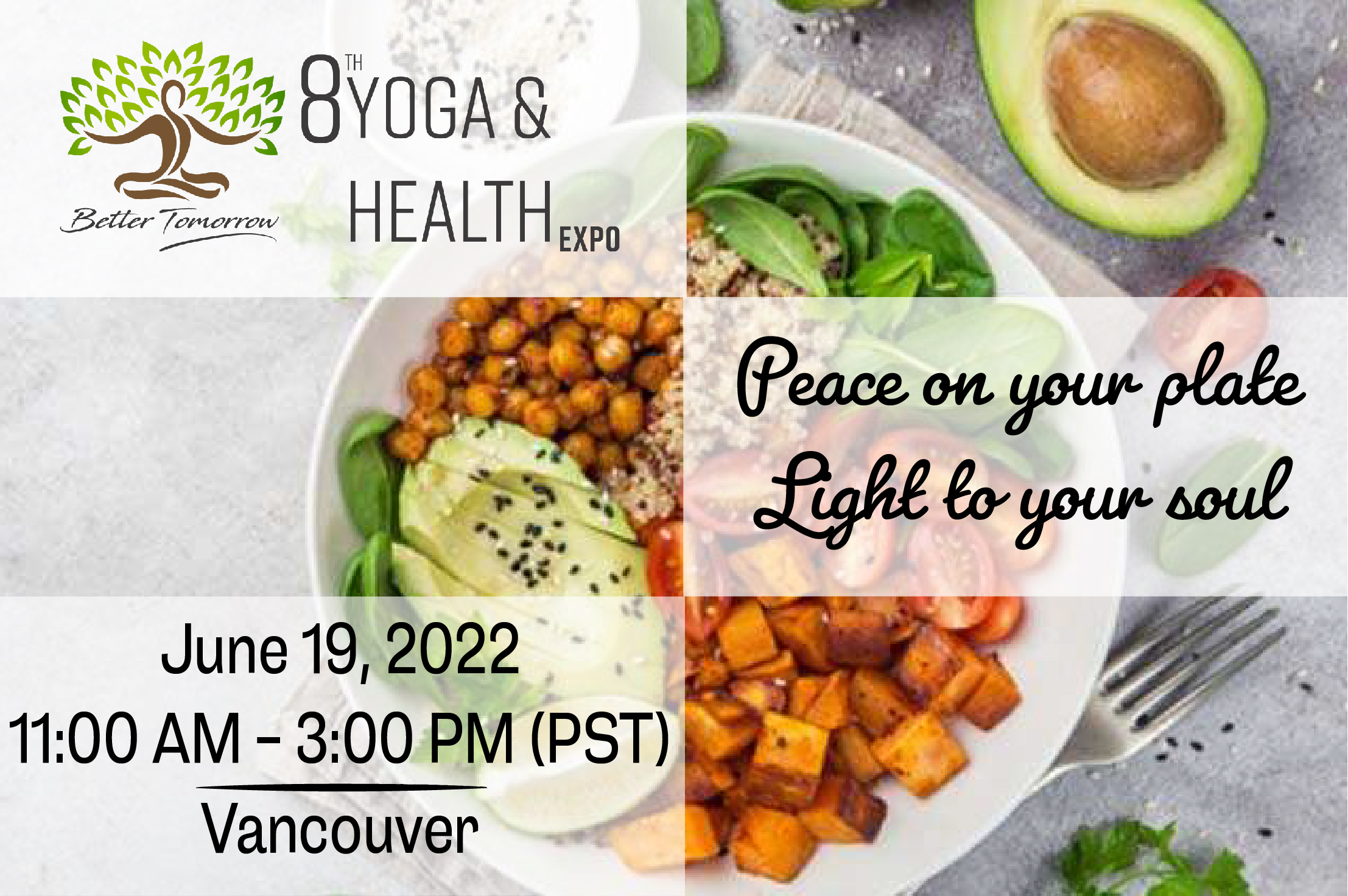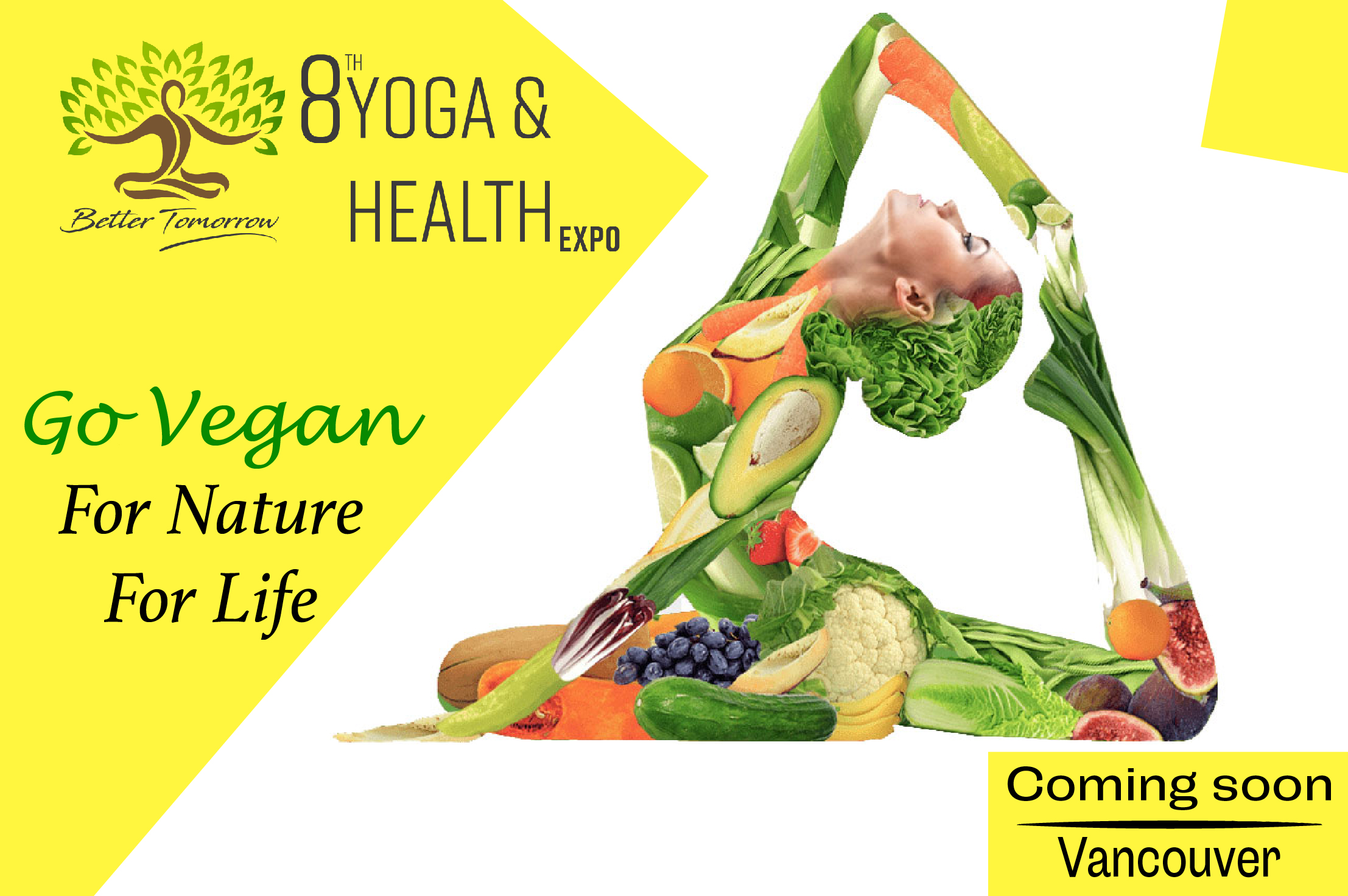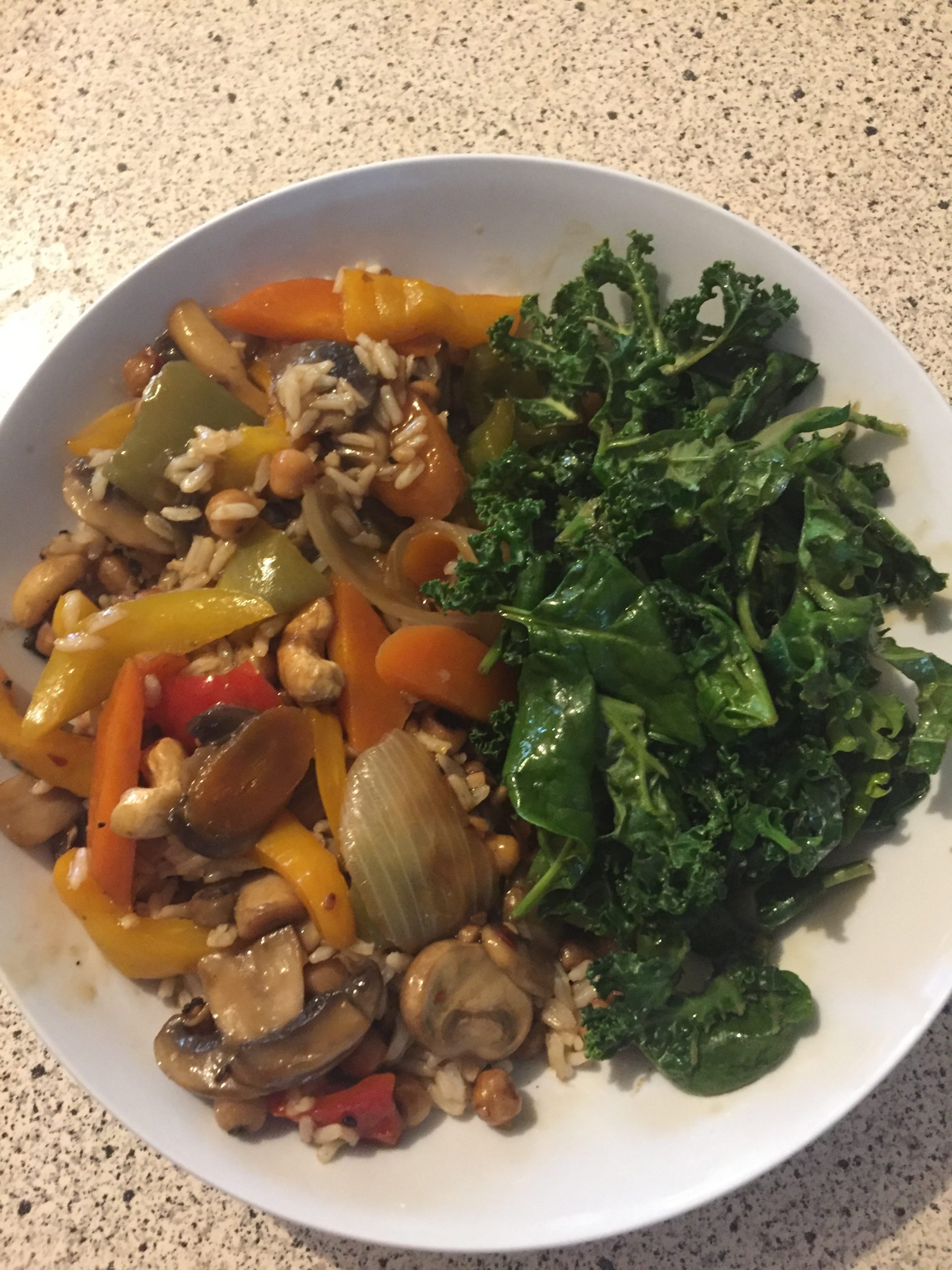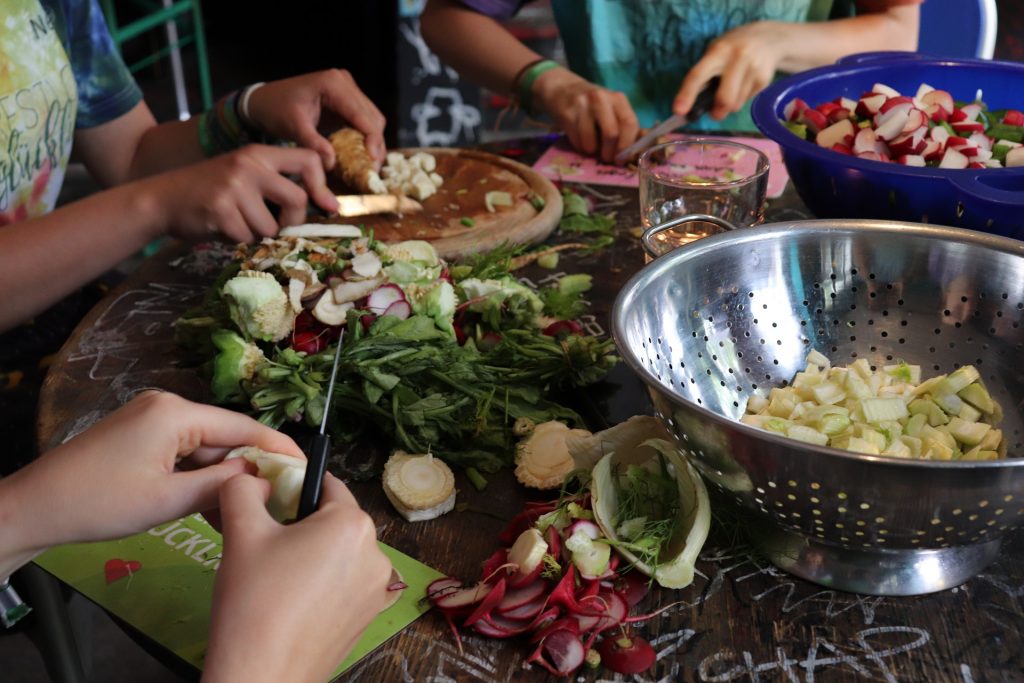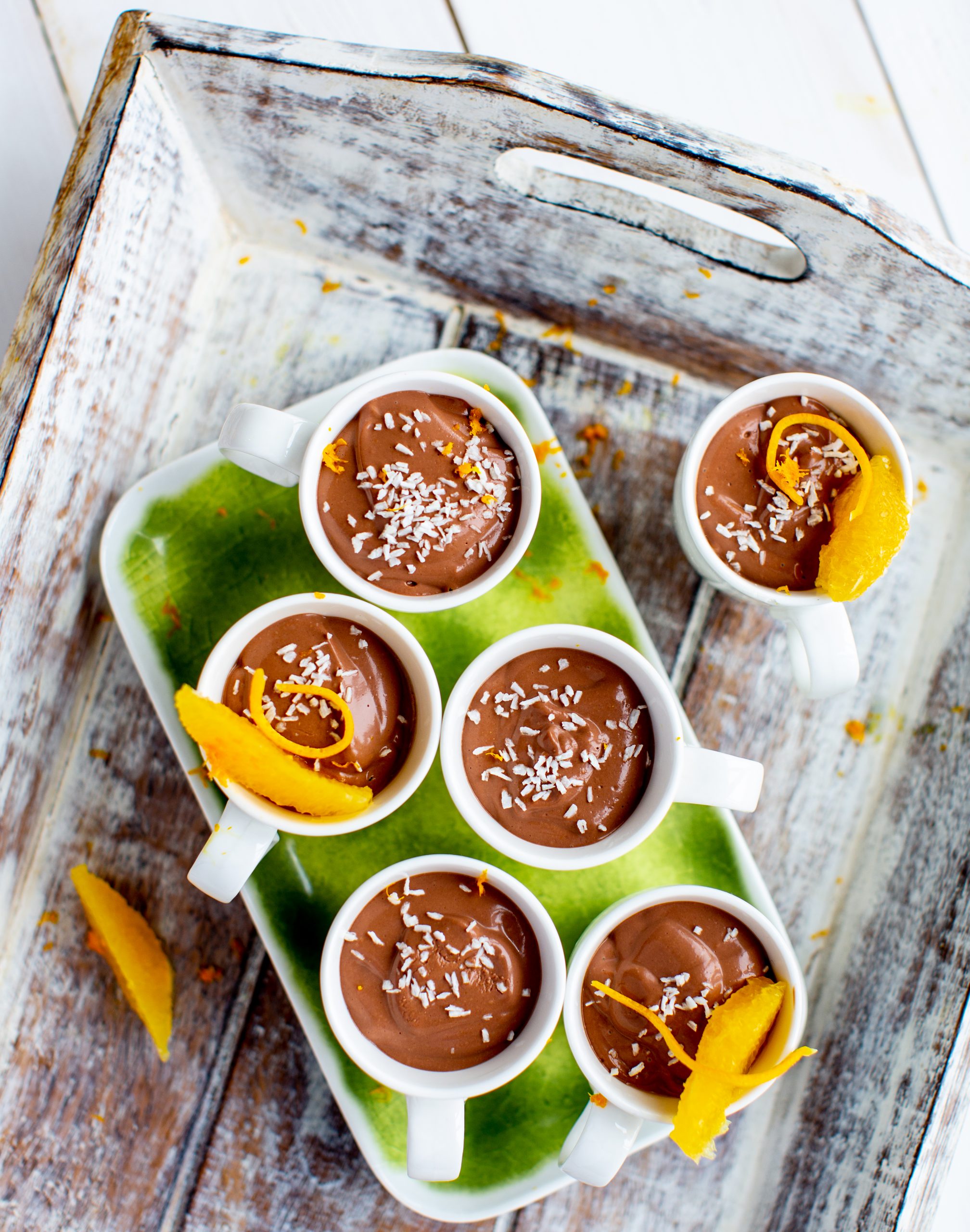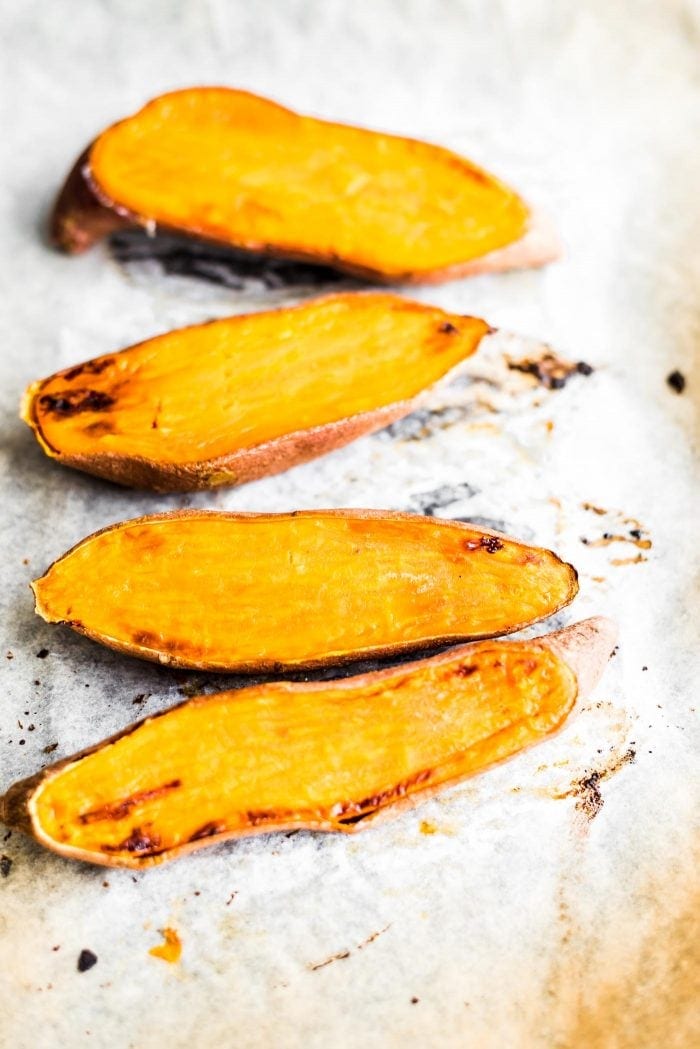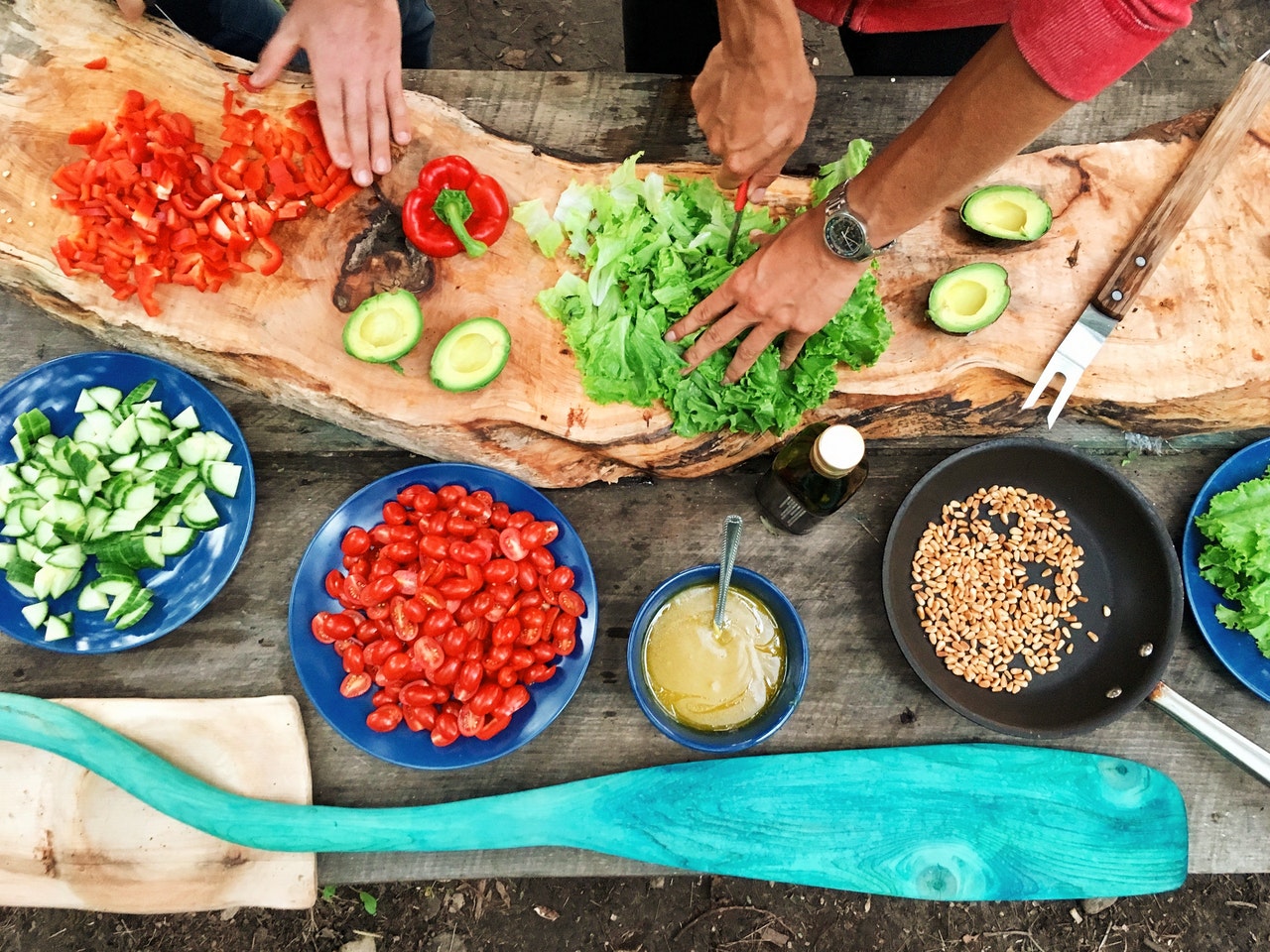Aditya Tawatia – Spearheading The World’s Health Conversation
As dynamic an entrepreneur as he is a philanthropist, Aditya Tawatia is the founder and director of Yoga & Health Expo Foundation - the non-profit organization working towards healthy eating and well-being lifestyle. A successful personality in each one of his endeavors, Aditya is renowned in the media, health, and…
